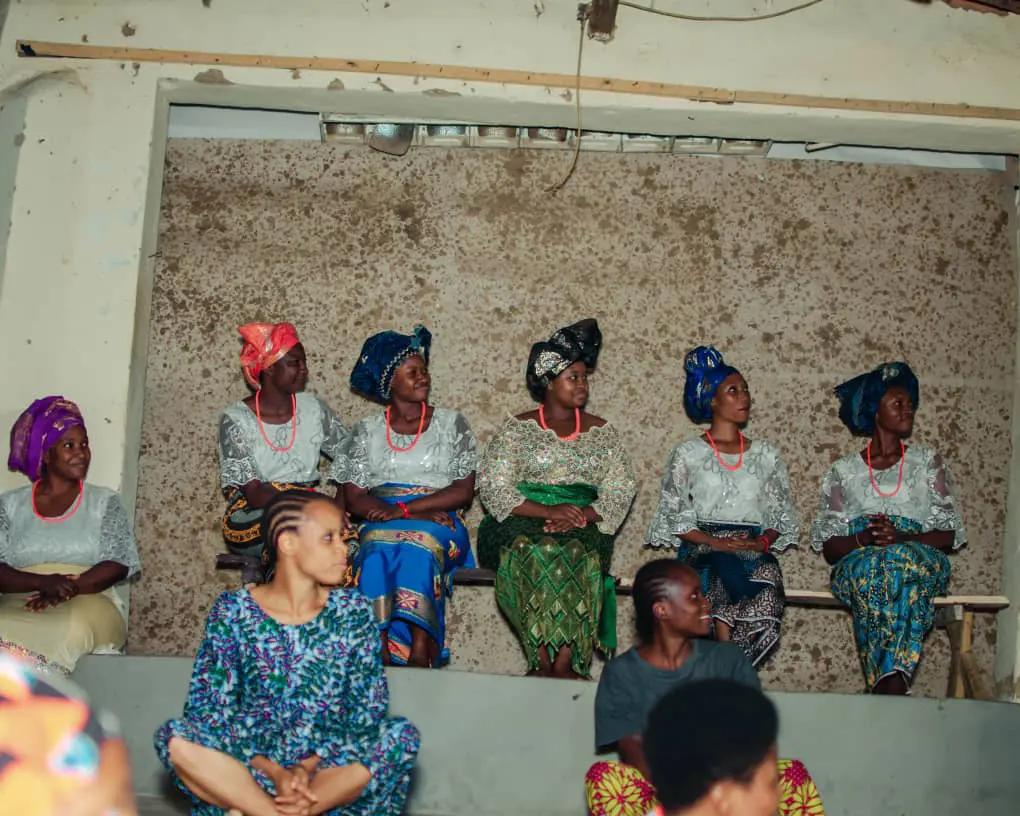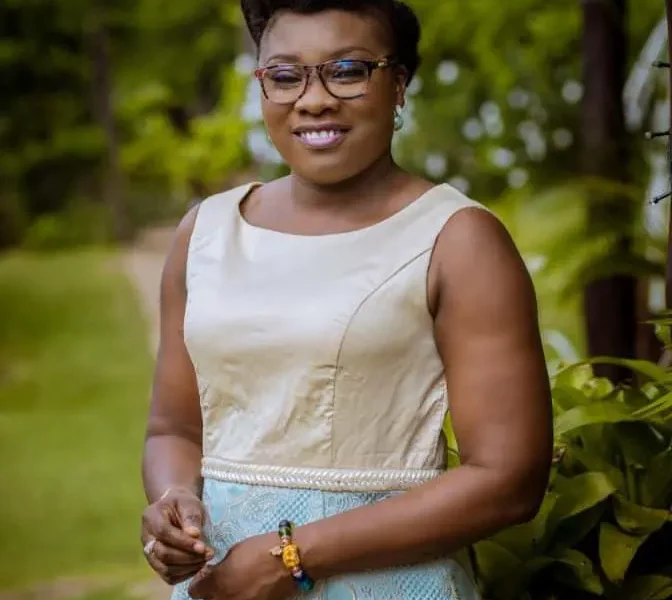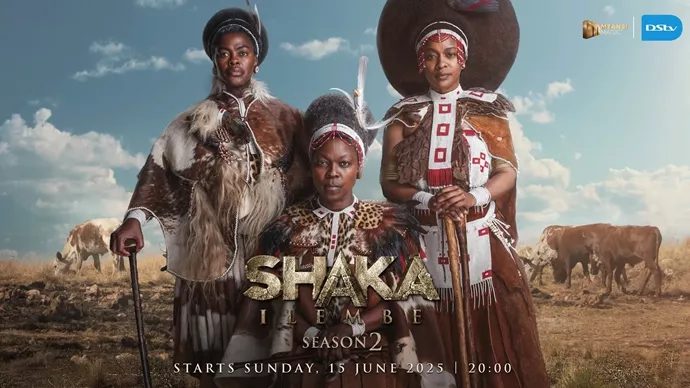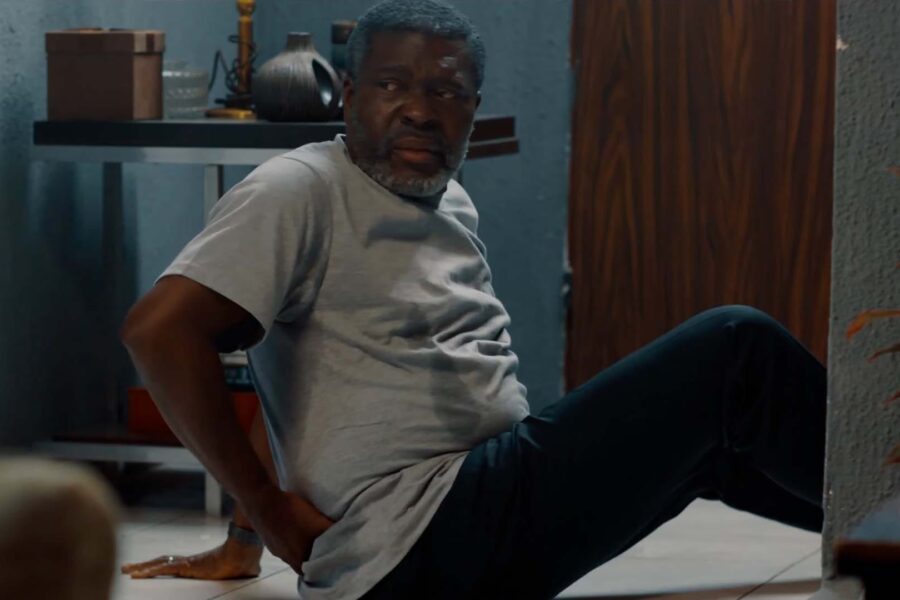Theatre Breaks Barriers: How One Play is Revolutionizing Health Conversations in Northern Nigeria
In a bold move that’s turning heads across Northern Nigeria, a groundbreaking stage production is tackling traditionally taboo topics through the power of storytelling. “The Cut Across,” performed in rural communities around Zaria, Kaduna State, is proving that sometimes the best way to start difficult conversations is through drama.
Where whispers once dominated discussions about early marriage, family planning, and female genital mutilation (FGM), this innovative collaboration between Ahmadu Bello University’s Theatre Department and the Stand with the Girl Child Initiative (SWAG) is bringing these crucial conversations into the spotlight.
“We needed to find a language that resonates with the people,” explains director Prince Nathan Kure. “Theatre is that language. It breaks barriers where conversation fails.” And breaking barriers it certainly is, one performance at a time.
Born from real-life experiences at Zaria’s teaching hospital, the play adapts Mabel I.E. Evwierhoma’s original script about FGM in the Urhobo community to address pressing issues in Northern Nigeria. From menstrual hygiene to family planning, the production tackles sensitive subjects with a delicate balance of respect for tradition and advocacy for change.
The creative team’s approach is particularly noteworthy. Rather than condemning cultural practices outright, they present a narrative that acknowledges these traditions’ historical context while illuminating their modern-day implications. “If we had portrayed these traditions as barbaric without any context, people might have rejected the message,” Kure notes. Instead, the play shows how even village leaders can evolve in their thinking when presented with evidence of harm.
The impact has been profound. Audiences aren’t just watching – they’re responding with tears, questions, and most importantly, dialogue. The production has sparked conversations in homes where women previously couldn’t discuss their health openly, even with their husbands.
A 2024 study by researcher Suleiman Musa Aishat highlighted the urgent need for more accessible health awareness platforms in places like Zaria. “The Cut Across” appears to be answering that call, reaching people in ways that traditional health campaigns haven’t.
The initiative isn’t stopping at the stage. Follow-up discussions, feedback sessions, and plans to expand into schools, religious centres, and digital platforms suggest this is just the beginning of a larger movement. For many in Kaduna, this marks their first encounter with open discussions about sexual and reproductive health – and possibly their first step toward change.
As the curtain falls on each performance, one thing becomes clear: sometimes the most powerful way to address sensitive issues isn’t through lectures or pamphlets, but through the universal language of storytelling. In Northern Nigeria, that language is finally being spoken loud and clear.







Leave a Comment